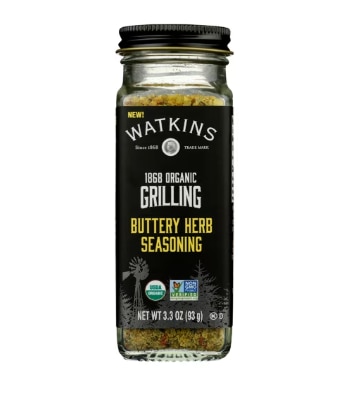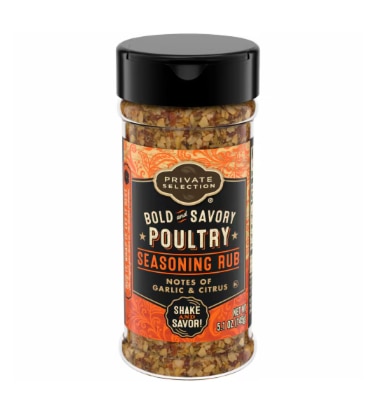On major holidays like the Fourth of July, Memorial Day, Labor Day, Father’s Day and Mother’s Day, millions of Americans head outside to fire up their grills. Of course, depending on where you live, grilling might be a year-round activity.
While cookouts promote food and fun with family and friends, they also can promote air pollution. The level of pollution depends in large part on what grillers are using to fuel their fires, as well as what they’re cooking.
The dangers of charcoal grilling
Nearly two-thirds of U.S. households rely on gas grills, according to Burn Pit BBQ. And a little over half of households own gas and charcoal grills. From an environmental standpoint, gas grills aren’t as troublesome as charcoal grills are. Why? Blame the charcoal.
SaveMoneyCutCarbon.com notes that around the world, production and use of charcoal accounts for about 2% to 7% of human-generated greenhouse gas emissions.
A study published in 2023 in the journal Environmental Advances declared that charcoal products used for grilling emit an array of pollutants, such as carbon dioxide, carbon monoxide, nitrogen oxide, volatile organic compounds (VOC) and trace metals.
“The type of fuel used not only affects the … characteristics of the food but also impacts the concentration and composition of polluting emissions released into the atmosphere,” the study says.
Those emissions present short-term and long-term health risks. The short-term risks include eye irritation, coughing and headaches, according to the study, and the long-term risks include respiratory illness, cardiovascular disease and cancer.
Aside from health problems, charcoal grilling can also cause environmental harm. SaveMoneyCutCarbon.com says 17% of all wood used for fuel is converted into charcoal, with more than 90% of it coming from tropical areas in Africa, the Americas, Asia and the Caribbean.
“Traditional methods of charcoal production cause immense damage to the environment, contributing significantly to deforestation of the world’s rainforests, particularly in African tropical rainforests,” says SaveMoneyCutCarbon.com.
Despite their potential for triggering health and environmental troubles, most charcoal brands in the U.S. are considered safe, says Environmental Health News.
Environmental concerns over grilling meat
Aside from the charcoal itself, the kind of food you’re grilling raises environmental issues.
Sarah Bridle, professor of food, climate and society at the University of York, attributes more than 20% of greenhouse gas emissions to food. She notes that production of a medium-sized beef hamburger releases enough greenhouse gases to fill more than 60 balloons.
“That’s equivalent to driving more than six miles in a car,” says Bridle. “By switching to chicken, you could reduce that to around 15 balloons, or about one and a half miles in a car.”
Put another way, a typical beef cookout generates the equivalent of more than 200 balloons of carbon dioxide per person, Bridle and fellow researchers discovered. But a typical chicken cookout creates the equivalent of about 130 balloons of greenhouse gases per person. Why the difference? Beef leads to more greenhouse gas emissions than any other animal product.
Since meat drives 57% of all food product emissions, “what you grill is more important than how you cook it,” Environmental Health News points out.
How to reduce your carbon footprint from grilling
So, faced with the potentially negative effects of grilling, what can you do to minimize the risks? Experts offer the following tips.
- Substitute charcoal for more environmentally friendly fuel sources such as liquid propane, natural gas, electricity, wood and compressed-wood pellets.
- Explore solar-powered cookers. “These are not grills, but with them you can cook almost anything that you might prepare on a kitchen range outdoors,” according to The Washington Post.
- Purchase eco-friendly charcoal, such as natural lump coal or sustainably sourced briquettes.
- Swap beef for chicken, pork or other lower-carbon alternatives. “If we could get the top meat eaters down to even just average consumption, we’d save a lot in terms of greenhouse gas emissions,” says nutrition expert Diego Rose, a professor at Tulane University’s school of public health.
- Pile on the veggies. Grilling more vegetables and less meat can reduce greenhouse gas emissions.
- Cut back on grilling. A grill typically burns charcoal, wood or fossil fuel “and is not really sustainable in the era of climate change, but it’s a luxury we can allow ourselves once in a while,” the Fork Ranger website says.
- Put the grill in a well-ventilated area.
- Don’t stand too close to a grill when food is being cooked so you’ll breathe in fewer contaminants.




